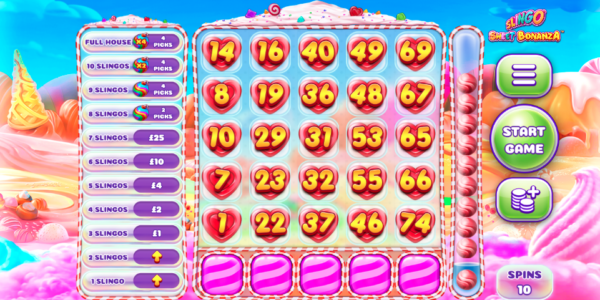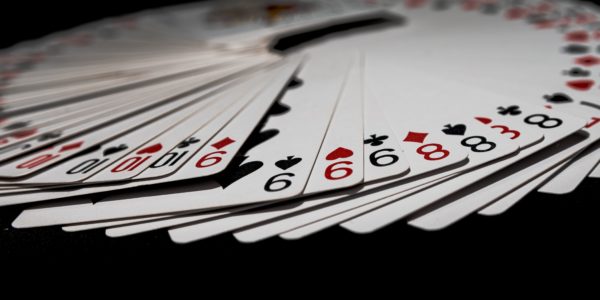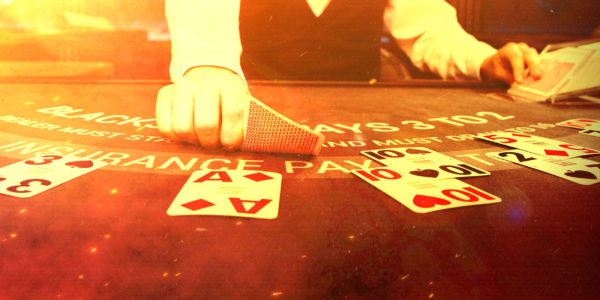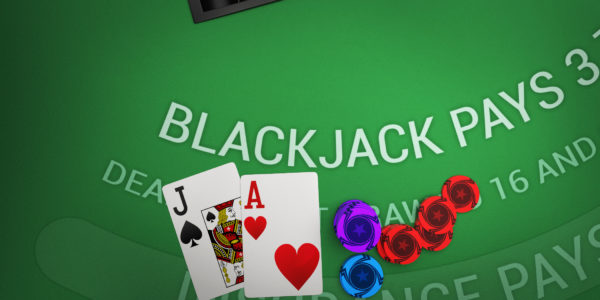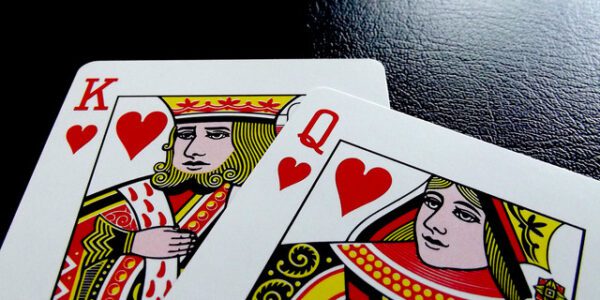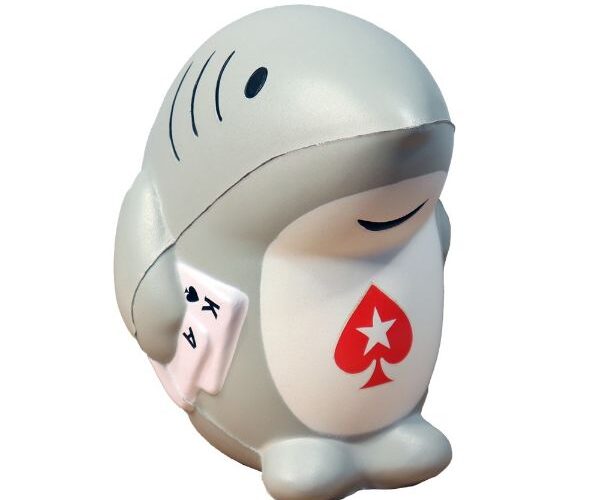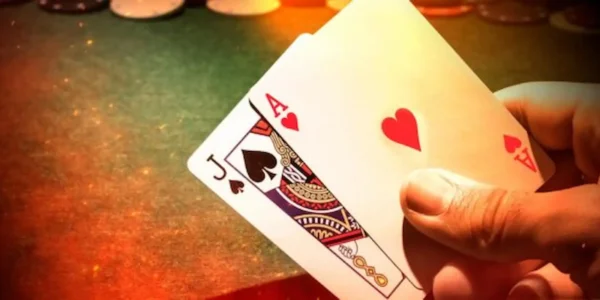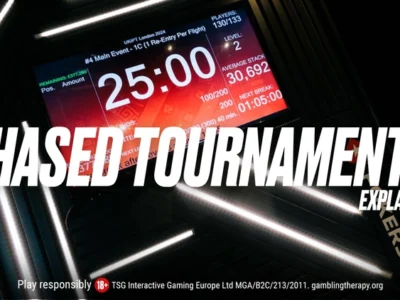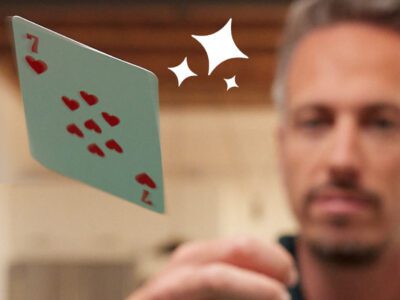Pontoon: The British Version of Blackjack
If this is the first time you’ve heard of Pontoon, you’ll be twice as surprised to learn that there are actually two different versions, one being the British version and the other being the Malaysian version.
Here we will focus solely on the former, as that is the one that any online casino player outside of Asia and Australasia is most likely to come across. It should be noted, though, that the rules of both differ somewhat. Malaysian Pontoon closely resembles the game of Spanish 21, while the British version is more closely related to Blackjack.
Origins of Pontoon
Pontoon as a definitive variant of Blackjack first came to light in 1917 when a US soldier made note of it in his writings having learnt the game from his English counterparts. The soldier in question even made mention of how similar he thought the game was to the US version of Blackjack.
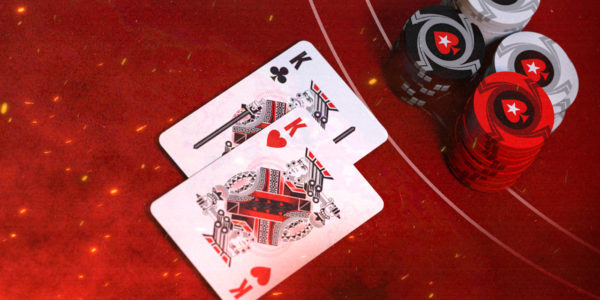
Pontoon likely evolved from the French game Vingt-et-Un, which (if you know your French!) means ‘twenty-one’ and is a known predecessor of modern Blackjack. The game spread across Europe and made its way to Britain, where it developed unique rules that differentiated it from both Vingt-et-Un and the American version of Blackjack.
Rise in Popularity
Over time, Pontoon gained popularity in British casinos and family homes as, unlike more complex card games, Pontoon was simple enough for both adults and children to play together.
During the 1960s and 70s, underground gambling clubs in London thrived, and Pontoon was a favourite amongst wealthy British gamblers. These games often featured high-stakes wagers, with some players reportedly betting the equivalent of tens of thousands of pounds on a single hand. Many of these underground clubs were eventually shut down due to changing gambling laws.
By 1981 the game had officially become the third most popular card game in the UK, behind Whist and Rummy.
Similarities with Blackjack
The general aim of the game is for a player to acquire a hand that is as close to 21 as possible which of course is the same aim shared by players of Blackjack. Other rules that align with those found in popular Blackjack variants include an ace counting as either 1 or 11, and face cards counting as 10. A dealer is also not allowed to draw more than five cards to make up their hand. A Pontoon dealer usually draws to 16, hits on soft 17, and holds on hard 17.
Pontoon and Blackjack both involve strategic decision-making, with players needing to weigh-up the risks and benefits of hitting, standing, doubling, or splitting based on their hand and the dealer’s upcard.

Many Blackjack variations can now be played on the go via a range of mobile devices
Differences from Blackjack
There are some very important rules which set Pontoon apart from standard Blackjack. For a start, when a player manages to accrue a hand totaling 21 it is called Pontoon rather than Blackjack. A 21 gained after an initial hand has been split also receives a bonus payout in Pontoon, which is not the case in Blackjack.
Another fun difference is that the second-best hand in Pontoon after 21 is what is known as a Five-Card Trick. This is where a player can build a hand consisting of five cards without busting their hand in the process. It does not matter what these five cards ultimately add up to, because a Five-Card Trick always beats any hand the dealer can have apart from a Pontoon.
The payouts for a Pontoon or a Five-Card Trick come in at odds of 2/1, whereas in Blackjack a 21 is paid out at odds of 3/2. Another vital rule difference in Pontoon is that both the dealer’s hole cards are hidden from the other players. This requires players to approach Pontoon in a different way than they would Blackjack. New Pontoon players should also be aware that Insurance does not exist in Pontoon as it does at most online Blackjack tables.
Unlike Blackjack, where players have access to one of the dealer’s cards, the complete unknown of the dealer’s hand in Pontoon means a higher level of uncertainty for players, making it a more challenging (and some would say, more exciting!) game.
Pontoon Lingo
It is not just the rules of Pontoon that differ from those of Blackjack but also the terminology that is used at the respective tables. To “twist” in Pontoon is to “hit” in Blackjack, while “stick” is Pontoon’s version of “stand”. “Buy” has the same effect in Pontoon as saying “double” would in Blackjack. These terms are especially important because a Pontoon player is forced to twist if their hand is less than 15 and they can also buy having twisted; something that cannot be done in Blackjack.
Additionally, if you have a ‘hard hand’ in Pontoon it means your hand doesn’t have an Ace or, you do have an Ace, but it makes more sense to count it as a one e.g. a six and an Ace (it’s better to play that as seven total rather than 17).
The Role of Probability in Pontoon Strategy
Understanding probabilities can be key to winning Pontoon, as the dealer’s cards are hidden, players must rely on probability rather than direct information. Knowing the likelihood of drawing certain cards can help players decide whether to twist, stick, or buy.
Odds of Busting
Five-Card Trick Probability
Dealer’s Hidden Hand
A Fresh Twist
Pontoon is an exciting and unique variation of Blackjack that offers a fresh twist on the classic game. If you enjoy Blackjack but are looking for a new challenge, Pontoon might just be the perfect game for you!


